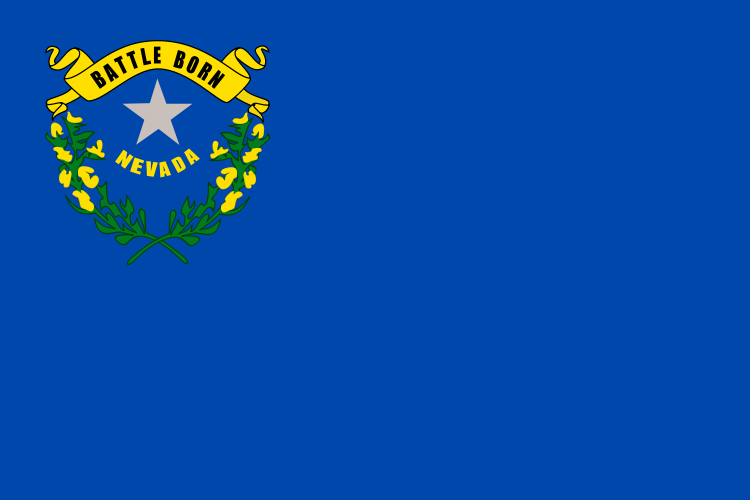An amendment to remove the constitutional status of the Board of Regents in Nevada, an elected executive agency responsible for managing the state's system of higher education, will appear on the ballot in 2024 for Nevada voters.
In Nevada, placing an amendment on the ballot requires a majority vote in two consecutive sessions of the Nevada State Legislature. During the 2021 legislative session, the amendment was introduced as Senate Joint Resolution 7 (SJR 7), and received unanimous approval from the Senate on April 13, 2021, with a vote of 20-0. On May 18, 2021, the Assembly passed SJR 7 with a vote of 30-11. In the second legislative session in 2023, the amendment was approved by the Senate on April 10, 2023, with a vote of 19-2. On May 18, 2023, the Assembly approved it with a vote of 34-7.
The Board of Regents oversees eight public institutions of higher education in Nevada, including the University of Nevada System. It is composed of 13 voting members elected to six-year terms in by-district elections. Designated members are elected every two years at the general election.
This amendment would remove the Board of Regents from the Nevada Constitution and would authorize the state legislature to review and change the governing organization of state universities.
An amendment to remove the constitutional status of the Board of Regents was also on the ballot for Nevada voters in 2020 as Ballot Question 1. Nevada voters rejected this amendment by 50.15-49.85%. Nevada Assemblymember Jim Wheeler (R), who supported Ballot Question 1, said, “Ballot Question 1 restores accountability, transparency, and oversight to higher education by reinvigorating the original intent of the framers of the Nevada Constitution. Question 1 simply makes the Board of Regents a statutory body, subject to checks and balances—an important American principle.”
Laura Perkins, a member of the Nevada Board of Regents who opposed the 2020 amendment on the ballot, said, “There’s no numbers or positive proof that the system that may or may not come out of this is better than the system that we have now."
The Nevada Faculty Alliance, an organization representing all eight institutions in the Nevada System of Higher Education, said that they are neutral on the 2024 amendment. In a statement, the organization said, “Question 1, narrowly defeated in 2020, had a clause regarding academic freedom, but as written it would actually have endangered academic freedom. SJR7 is silent on academic freedom. In the 2021 legislative session, we offered an amendment to protect academic freedom, but it gained no traction. The constitutional independence of a governing board provides some protection for academic freedom; however, today we see both elected and appointed boards becoming politicized and they do not necessarily protect the principles we value.”
Currently, there are three constitutional amendments on the Nevada 2024 ballot in November. One measure, a citizen-initiated constitutional amendment, would provide for open top-five primaries and ranked-choice voting for general elections. The other measure, a constitutional amendment referred by the state legislature, would repeal language from the Nevada Constitution that allows the use of slavery and involuntary servitude as criminal punishments.



